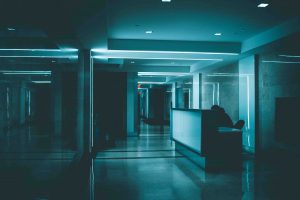The COVID-19 pandemic has been devastating for Los Angeles County nursing home residents and for nursing home residents throughout the state of California. Older adults in nursing homes are particularly susceptible to severe COVID-19 infections, and many facilities do not have the type of infection-control measures in place that can effectively prevent the spread of the coronavirus, not to mention the fact that many of those facilities are understaffed and cannot properly serve the patients who are suffering from serious infections.
According to a recent article in Roll Call, the pandemic and its effects on nursing home residents has led policymakers and safety advocates to seek significant changes to nursing home safety in order to prevent avoidable injuries and deaths caused by nursing home negligence.
Senior Safety Advocates Seek More Funding and Long-Term Changes for Nursing Home Safety
 Southern California Nursing Home Abuse Lawyer Blog
Southern California Nursing Home Abuse Lawyer Blog











